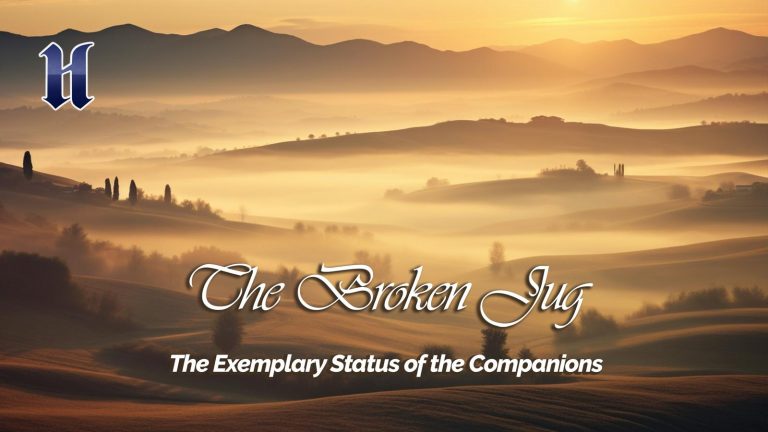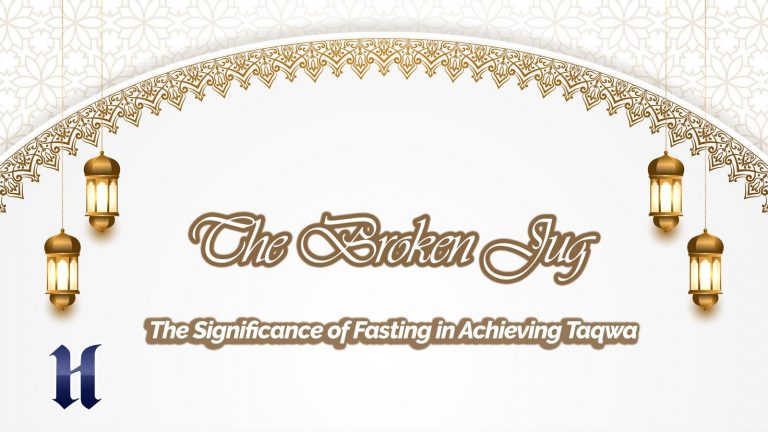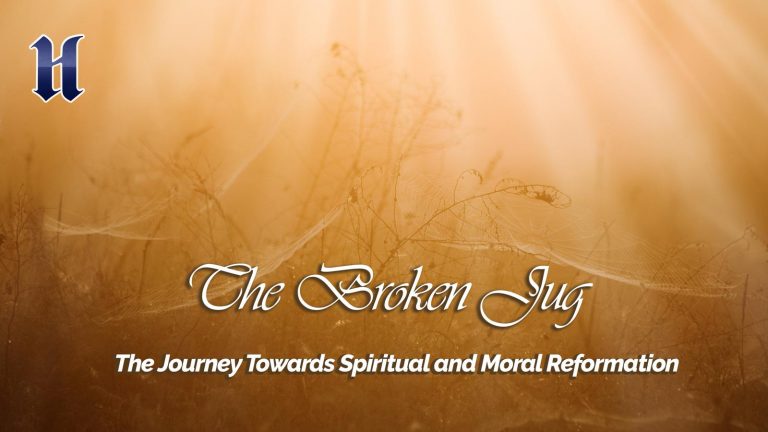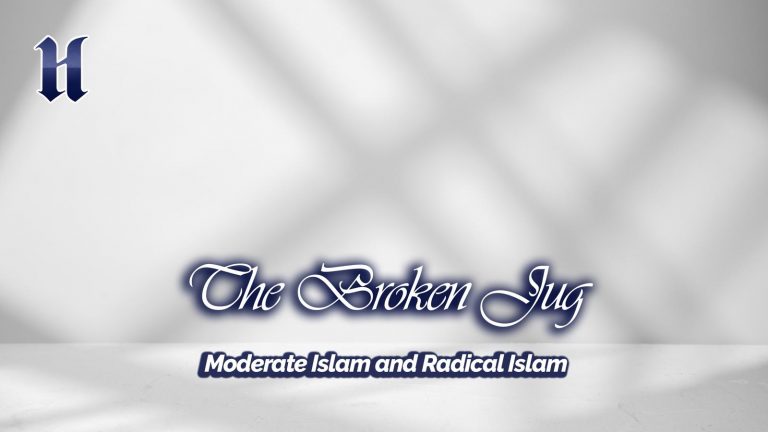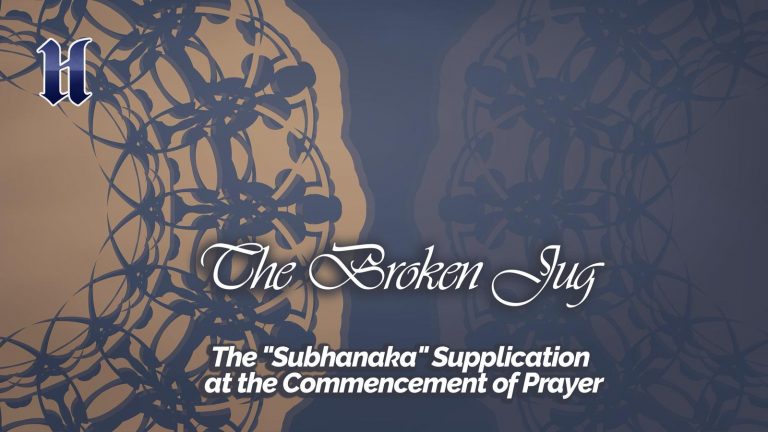Question: In your talks and articles, you frequently mention the issue of acting with insight; could you please elucidate its meaning and how we can we practice it in our lives?
Answer: Basira (insight) means evaluating issues with the appreciative criteria of the heart, along with knowledge and experience. It means subjecting these issues to analysis and synthesis. In this way, one is hopefully able to analyze both the outward and inward dimensions of these issues. While sight (basar) means seeing phenomena in the material sense, insight means comprehending them with the eye of the heart.
In this respect, insight serves as a guide made of light helping a person find the truth and right—and showing others the path to these, too. It is not possible for a person devoid of insight’s blessed light to make a sound evaluation of phenomena, make syntheses and analyses, and reach the correct conclusions. As the Qur’an puts it, such people have hearts with which they cannot comprehend, eyes with which they cannot see, and ears with which they cannot hear.[1] However, every organ should be used for whatever purpose it was created; the eye is created for seeing what it should see, the ear for hearing what it should hear, and reason for understanding what it should comprehend. However, since people without insight close up the doors of their hearts to the light of the revelation and the message of the blessed Prophet, peace and blessings be upon him, they experience an absence in spite of the present reality. They do have eyes, mouths, ears, brains, hands, and feet, but they do not use these in accordance with the purpose they are created for. The Qur’an and Sunnah are mysterious keys, which can solve the enigmas at the heart of existence. However, as these people do not have possession of these two keys, they can neither open the mysterious doors of existence, nor solve the problems in both individual and societal life.
Multi-alternative Solutions
The Messenger of God drew attention to individuals’ responsibilities with the words: “You are all shepherds, and each of you is responsible for his flock.” Everybody has different duties with respect to their personal, familial, and social lives. A person may have a responsibility within a family, while others have responsibilities within a town, city, or even a huge country. In this respect, every individual is faced with the duty of administering, directing, and guiding the people he or she is responsible for in different fields according to certain degrees. Giving the responsibility undertaken its due depends on acting in company of the light of insight, which we briefly explained above.
To expound some more on the subject, if people who have come to a certain position wish to give this position its due and be successful at their tasks, they must filter all of the decisions they make through the heart and conscience—along with reason, logic, and judgment. Together with thorough thinking, they should view their surroundings with of compassion and love, not depriving any living being of affection, nor violating anybody’s rights. They should never sacrifice fairness and justice.
When we view the noble Prophet’s exemplary life, which is an ideal model for us, we see that nothing in his attitudes or behaviors contradicts sight and insight. In terms of both letting us know this truth and also our taking that Perfect Guide as an ideal example, God Almighty gave the following command to him in the Qur’an: “Say (to them, O Messenger): ‘This is my way: I call to God on clear evidence and with sure knowledge—I and those who follow me…’” (Yusuf 12: 108).
Here, God Almighty stated that both the blessed Prophet and those who follow his footsteps need to make their call within the frame of insight; and this means making the call by knowing, seeing, and hearing as well as taking possible problems into consideration and forming alternative solutions for each of these. We should not be content with producing one solution for a possible problem, but find two, three, four or even more alternative solutions according to the situation. Finding more alternative solutions means dealing more soundly with that matter—namely, acting upon sound mind, sound heart, sound soul, and sound feeling.
The Companions’ Horizons of Insight
As stated, this verse conveys that not only the Prince of the Prophets but also those who follow him should make their call upon insight. “Ittiba” means following someone’s footsteps. And the prime examples who realized this among the followers of the blessed Prophet were the Rightly Guided Caliphs. To point out their exceptional position, the Messenger of God, peace and blessings be upon him, stated, “Keep to my way and to the way of the Rightly Guided Caliphs. Cling to it stubbornly (literally: with your molars).”[2]
Let me add that this is not an exclusive character of the Rightly Guided Caliphs; the lives led by other Companions had many similarities to theirs. Had there been a serious discrepancy between them, the community would not have welcomed them. There was a serious conformity of character between the Rightly Guided Caliphs, the ten Companions, and other Companions. And this conformity was based on their connection with God, acceptance of His Messenger, and welcoming the commandments of the Qur’an and Sunnah.
From this perspective, we can comfortably say that the Messenger of God was the prime example and the respected Companions following in his footsteps led seriously insightful lives. If it were not so, it would not have been possible to overcome many problems, both at the time of the noble Prophet and during the reign of the four caliphs.
11 Insightfully Tackled Cases of Apostasy
To understand the greatness of the problems that emerged in that period and how they were overcome, it is necessary to make comparisons with our time. In Turkey, we cannot tackle the problem of terror, which appeared due to years of neglect and heedlessness. But back in the early years of Islam, they tackled eleven cases of collective apostasy, three during the lifetime of the blessed Prophet and eight during the caliphate of Abu Bakr, may God be pleased with him.
It is estimated that there were about a hundred thousand Companions alive when the Messenger of God passed. However, some of them were children, the diseased, the elderly, and people who had newly embraced Islam. Ibn Hajar’s Al-Isaba, which cites the names of Companions more than any other work, mentions there being about ten thousand Companions.
These Companions dealt with problems that would make those devoid of eyes and ears able to perceive the truth moan with woe.
When the deeds of the blessed Abu Bakr are viewed, it becomes apparent that these problems would normally take some 15–20 years to overcome. Although his caliphate lasted a little more than two years, he crammed much into this short term. What a discernment, what an insight, what a sagacity for God’s sake! As the blessed Companions were personages of high insight, they saw what happened correctly, evaluated correctly, and—by God’s permission—made correct decisions about them. Even in the face of a possible problem, they came up with at least ten alternative solutions. Thereby, they fulfilled the duty under their responsibility in an immaculate fashion.
Insight! Where Are You?
Surely, as those who followed the Messenger of God did not remain limited to his Companions, later generations of Muslims also—as stated in the Divine verse—should call people to God’s way, and deal with all of their tasks, with insight. When matters are not dealt with by using sound judgment, a sound heart, and common sense it is not possible to overcome problems. In our time, since we are devoid of the blessed light of insight, we are most of the time unable to overcome the problems we face. We set the road for the sake of a solution but make matters into a terrible mess and virtually turn them into an equation with multiple unknowns. For example, in a region taken by the fire of strife and chaos, we are deceived into thinking that sledgehammer policies will bring people into line. However, the more we sledgehammered, the tougher they became. Today as well, many increasingly complicated matters are shifting toward a dead end.
The first people who became followers of the blessed Prophet gave this following its due in the true sense of the word. Given that the same target is shown to future generations of Muslims like us, then if we wish to overcome personal, familial, and social problems, we must act with insight. If we possess constant insight, scrupulousness, and vigilance, then even if the problems we face are made of granite—with God’s permission and grace—we will soften them, solve them, and then continue our way.
To conclude, given that the Qur’an invites us to act with insight on every issue, we should try to see what might happen some thirty years in the future by reading people’s characters, analyzing them, and identifying their position well. If need be, we should get matters analyzed by think-tank organizations and strategy developers, and then make a comparative reading of their results. If we really exert ourselves by racking our brains with the concern—in the words of the poet Necip Fazıl—of “forcing our brains out through our nose”, then God will not leave these efforts unrewarded, and will show us the most befitting and correct way.
[1] See al-A’raf 7:179.
[2] Sunan at-Tirmidhi, Ilm, 16; Sunan Abu Dawud, Sunnah, 5; Sunan Ibn Majah, Muqaddima, 6.
This text is the translation of “Basiret Yâ Hû!.”


